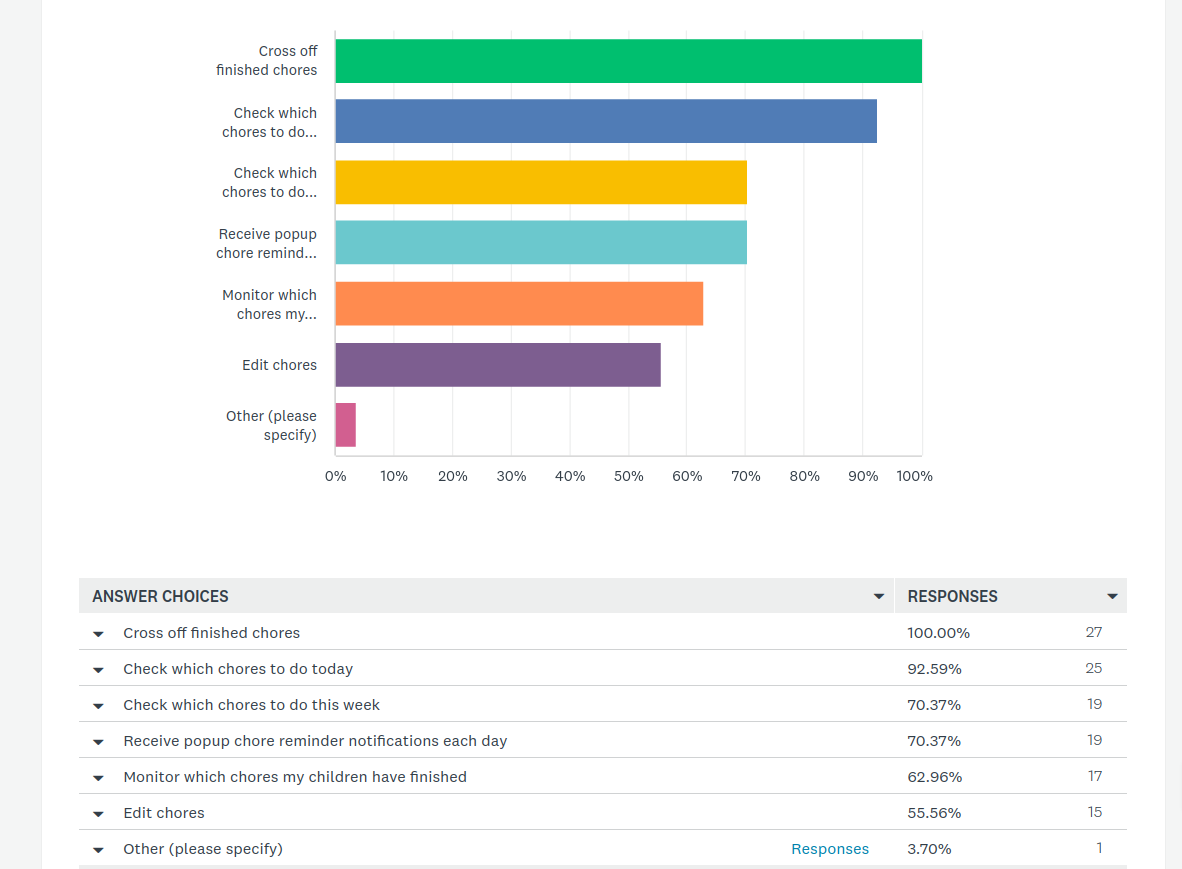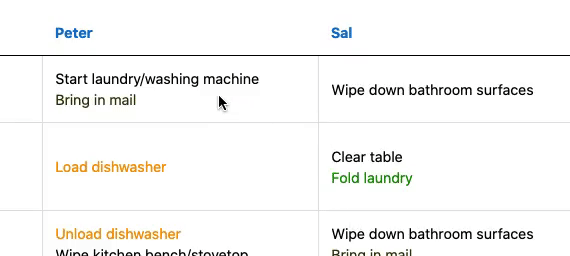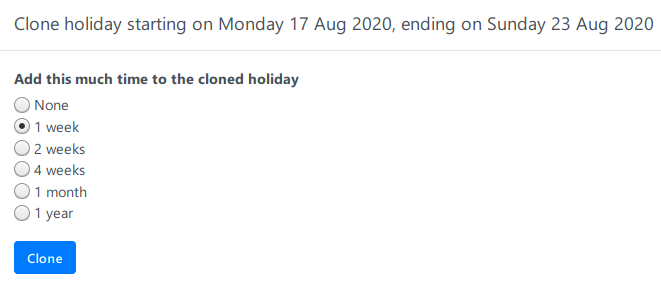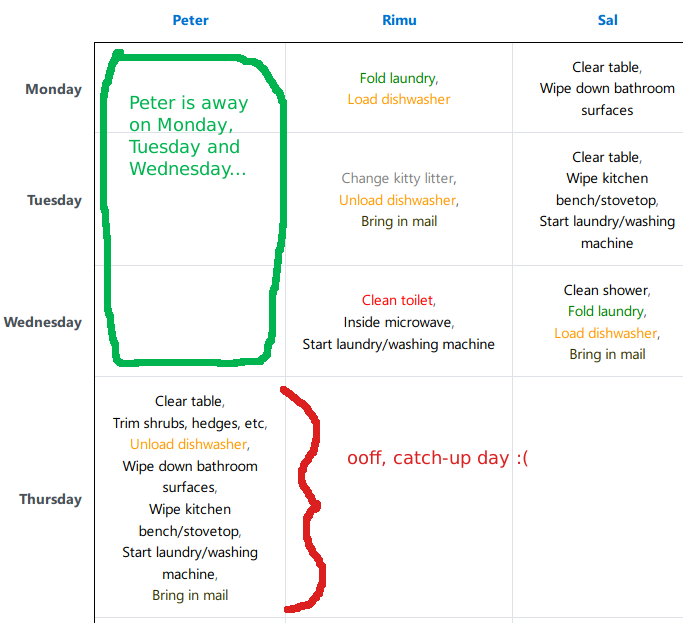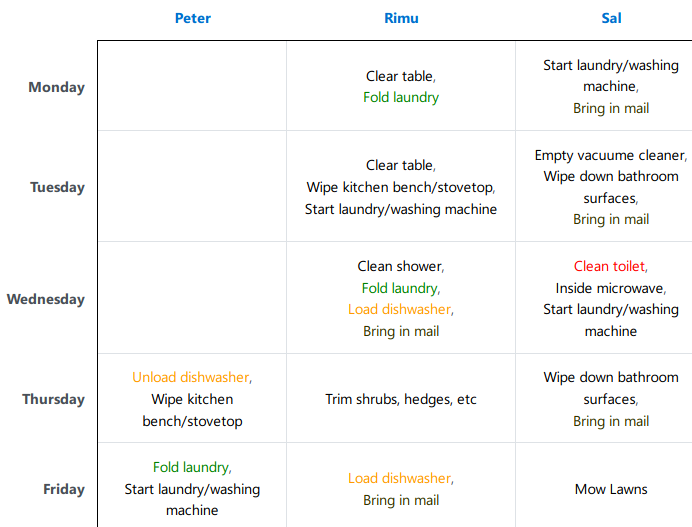“Chores are an important way children learn responsibility and gain independence,” says David Anderson, Ph.D., a clinical child psychologist at the Child Mind Institute. “As they get older, they’re able to take on more complex tasks, and they can do chores that help the entire family.”
So when is your child ready to take on different kinds of chores? It’s often assumed that children have a list of “age-appropriate” chores that they can take on. But this is a bit of a fallacy, especially since the word “appropriate” can mean so many different things to different people.
The fact is that chores are not one-size-fits-all. Every child’s ability to perform certain tasks will vary, depending on factors such as maturity level, attention span and motor skills.
For example, most parents agree that a two-year-old probably isn’t ready for sweeping duties, but there might be some who think their child is ready for it. The same goes for a 15-year-old and driving — you may or may not feel your teen is ready to take the wheel at this point.
The bottom line: This is one area where you need to look beyond your child’s age to determine when he or she is ready to take on new responsibilities.
Nevertheless, here are some guidelines:
Baby / Toddler
Assist in making their beds
Pick up toys with your supervision
Take their dirty laundry to the laundry basket
Fill a pet’s water and food bowls (with supervision)
Help a parent clean up spills and dirt
Dust
Preschool/Primary – 4 to 8 Years Old
Set out clothes for the next day
Make their bed with minimal help
Bring their things from the car to the house
Pick up their toys
Make their bed every day
Set the table with supervision
Clear the table with supervision
Help a parent carry in the lighter groceries
Sort clothes and towels for the laundry
Match socks after clothing is washed
Dust with supervision
Hang up towels in the bathroom
Clean their room with supervision
Be responsible for a pet’s food, water and exercise
Vacuum individual rooms
Dust individual rooms
Fold laundry with supervision
Put their laundry in their drawers and closets
Put away dishes from the dishwasher
Clean their room with supervision
Empty indoor trash cans
Preteen – 9 to 12 Years
Keep bedroom clean
Be responsible for homework
Write invitations and thank you notes
Change bed sheets
Keep their rooms tidy and do a biannual deep cleaning
Wash dishes
Wash the family car with supervision
Prepare a few easy meals on their own
Clean the bathroom with supervision
Rake leaves
Learn to use the washer and dryer
Put all laundry away with supervision
Take the trash can to the curb for pick up
Change light bulbs
Dust, vacuum, clean bathrooms and do dishes
Clean mirrors
Mow the lawn with supervision
Baby-sit or nanny
Teenagers – 13 to 18 Years
Responsible for all personal chores for ages 9 to 12
Earn spending money
Purchase their own clothes
Maintain any car they drive (e.g., gas, oil changes, tire pressure, etc.)
Do assigned housework without prompting
Do yard work as needed
Baby sit
Prepare food — from making a grocery list and buying the items (with supervision) to serving a meal — occasionally
Wash windows with supervision
Do housework as needed
Do yard work as needed
Prepare family meals — from grocery list to serving it — as needed
Deep cleaning of household appliances, such as defrosting the freezer, as needed
